Keywords: Bali
There are more than 24 results, only the first 24 are displayed here.
Become a subscriber for more search results.
-
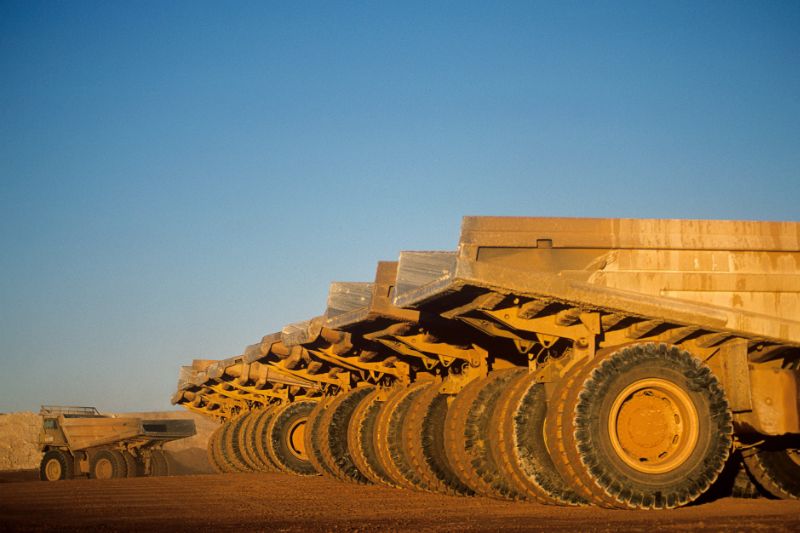
AUSTRALIA
As Donald Trump’s trade war upends decades of global economic orthodoxy, globalisation is quietly folding. Protectionism is back, self-sufficiency is in vogue, and Australia, thanks to its deindustrialised economy, largely escapes the fallout. But in a shifting world of tariffs and deficits, what comes next is anyone’s guess.
READ MORE
-
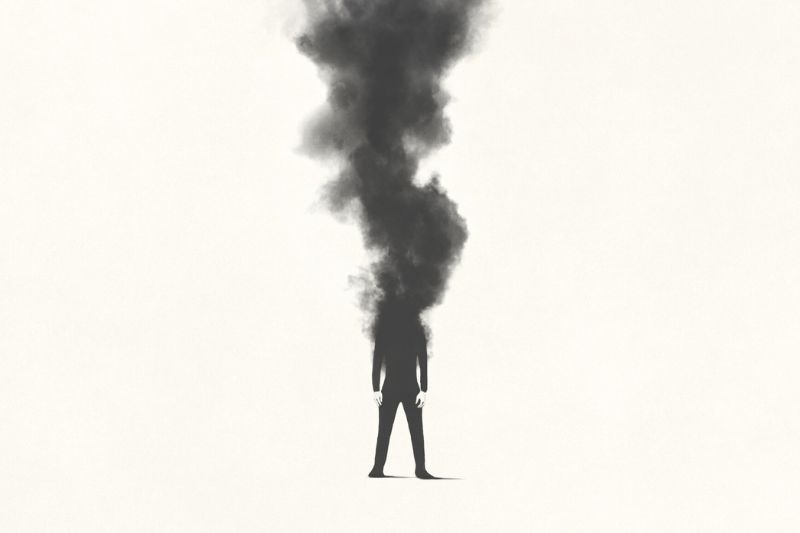
AUSTRALIA
- Max Jeganathan
- 24 March 2025
Amid rising hate speech and tighter laws, something deeper festers. In a culture wired for outrage and shaped by tribal algorithms, we’re learning not just to disagree, but to despise. What happens when identity is built on enmity, and public debate becomes less about ideas and more about who we’re against?
READ MORE
-

ENVIRONMENT
- Michele Gierck
- 31 August 2024
As rising sea temperatures trigger widespread coral bleaching across the Great Barrier Reef, marine scientists explore the devastating effects and do what they can to restore these vital ecosystems.
READ MORE 
-
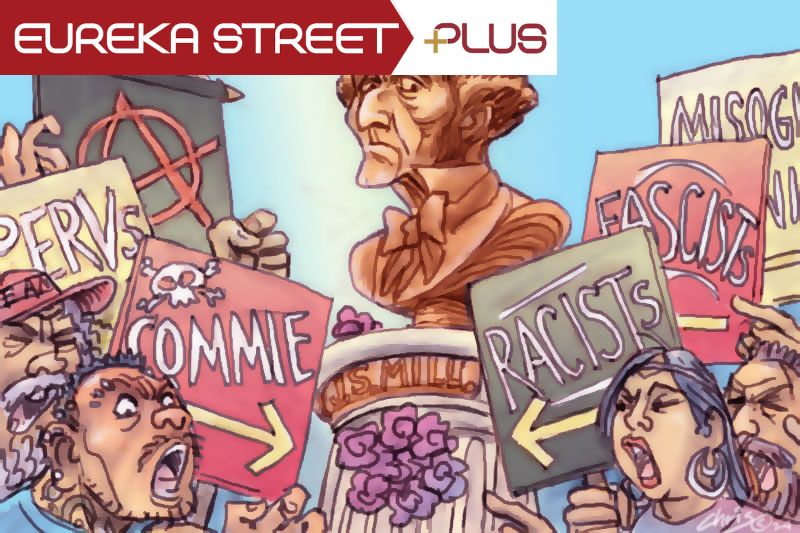
AUSTRALIA
- Russell Blackford
- 09 August 2024
2 Comments
Once the backbone of Western democracy, the philosophy championing free speech, tolerance, and civil political discourse is often reviled by those on both the Left and Right. In our desire for justice and meaning, is there a need to rediscover the principles that have long fostered human flourishing?
READ MORE 
-

RELIGION
- Andrew Hamilton
- 30 July 2024
5 Comments
In an age marked by increasing tribalism, Ignatius Loyola offers a counterintuitive lens through which to examine the nature of human connection. Renowned as a strict disciplinarian, Loyola is often cast as a distant, austere figure. Yet, beneath his armor of religious rigor lies a nuanced and rich understanding of friendship.
READ MORE
-
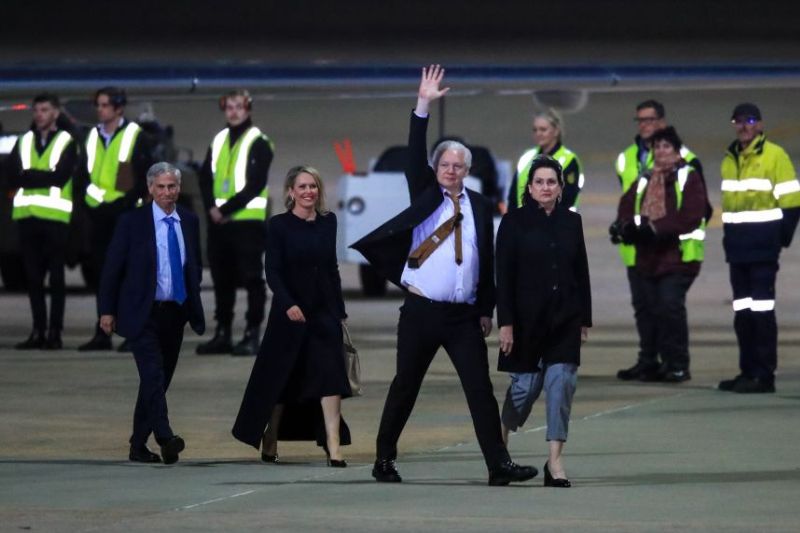
INTERNATIONAL
- Binoy Kampmark
- 01 July 2024
Julian Assange, once confined to Britain’s most forbidding maximum-security prison, is now free after pleading guilty to a single conspiracy charge. This unexpected twist in the WikiLeaks saga, involving complex negotiations and political maneuvering, could have profound implications for press freedom and the future of journalism worldwide.
READ MORE
-
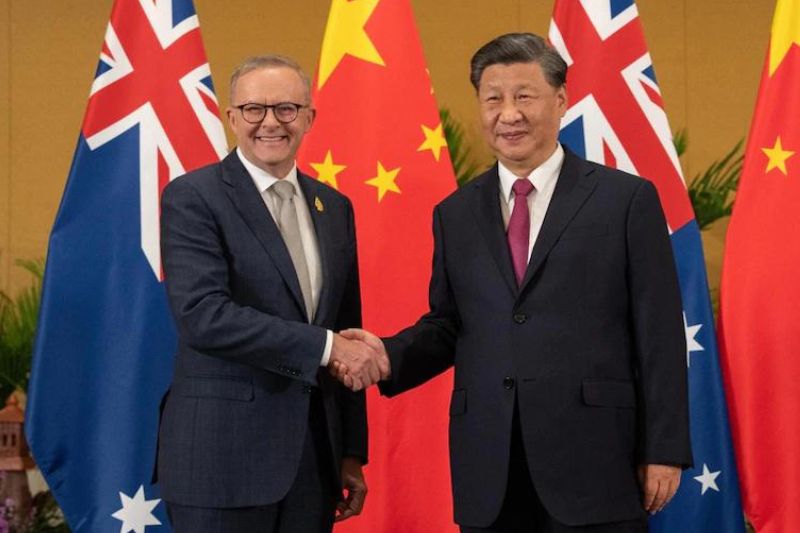
INTERNATIONAL
- Jeremy Clarke
- 13 November 2023
8 Comments
In a global landscape increasingly marked by fluid alliances, Prime Minister Albanese's diplomatic foray from Washington to Beijing had the dual aim of warming frosty relations with China and reinforcing the significance of foundational ties. This is not merely diplomatic choreography; it’s a story of Australia redefining its place in a complex global narrative.
READ MORE
-
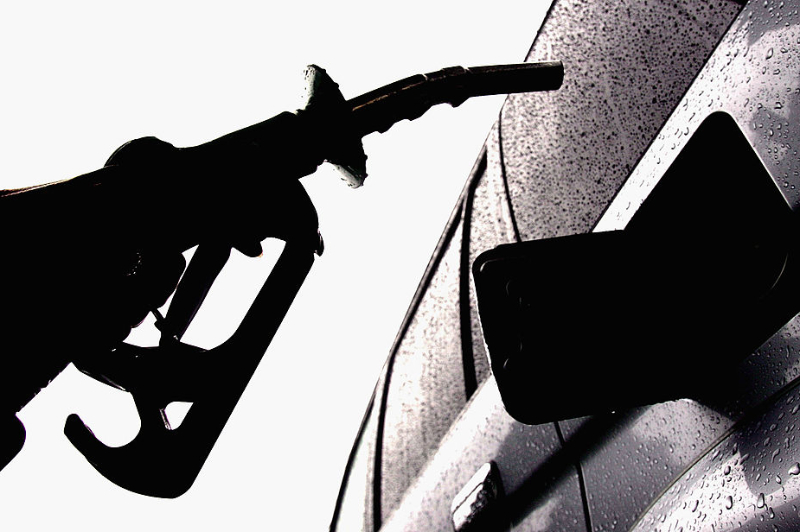
ECONOMICS
- David James
- 22 March 2022
5 Comments
Russia’s invasion of Ukraine has led to severe financial sanctions being imposed on the country that are likely to have lasting consequences. Problem is, they may not be the ones the sanctioners are expecting. They may even come to regret what they have done.
READ MORE 
-
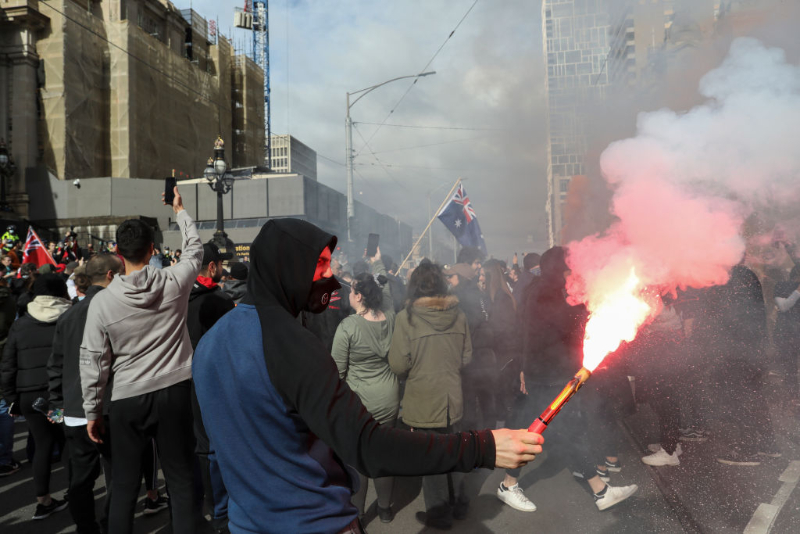
AUSTRALIA
- Ben Rich
- 17 February 2022
11 Comments
Today we see a resurgence of digital tribalism, a glorification of disingenuous engagement online and humiliating those of a different perspective. Everywhere we see simplistic and belligerent narratives of ‘us versus them’ over more nuanced explanations that might impart a greater sense of shared humanity and common purpose. So what happened?
READ MORE 
-
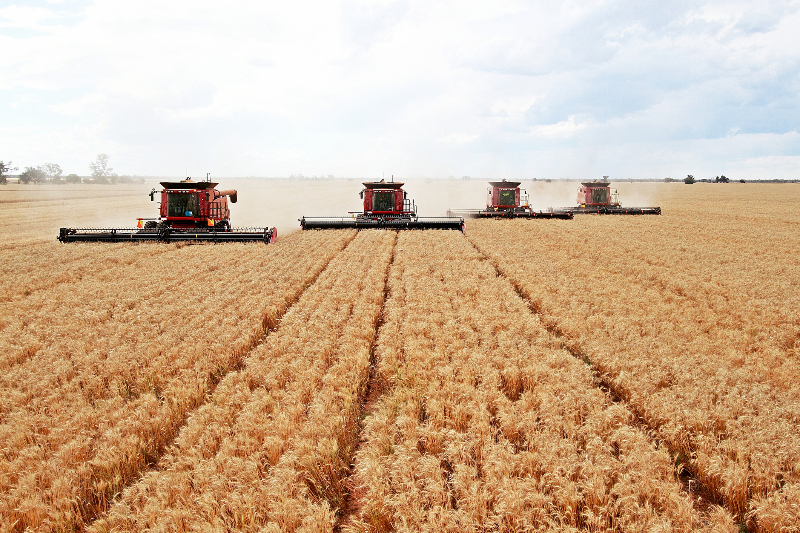
ECONOMICS
- David James
- 06 December 2021
4 Comments
If Australia does draw back from globalisation — as opposed to trade, which will continue — then there should be more focus on our primary sector and how it could be better financed. Australia’s long history as a primary producer constitutes what economists call a ‘comparative advantage’: an economic area in which a country does best while giving up the least.
READ MORE 
-
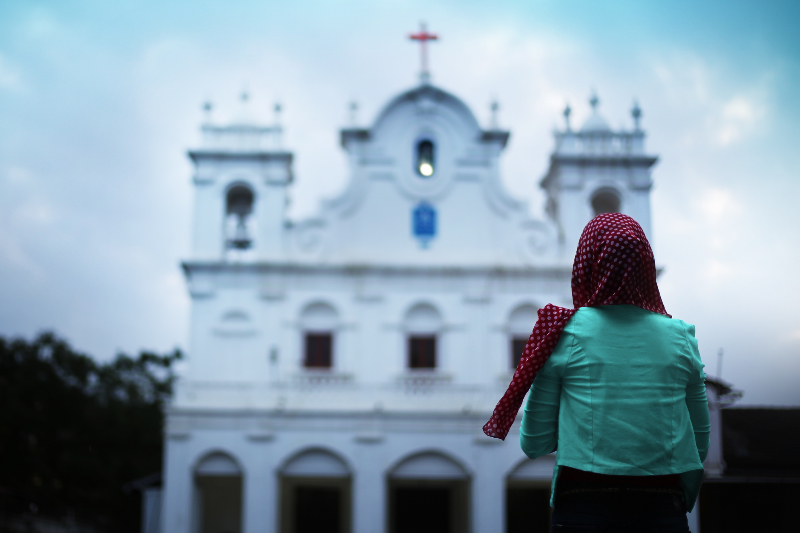
RELIGION
- Michael Furtado
- 11 November 2021
101 Comments
Every Australian diocese and parish already has its particular subcultural identity that inflects its liturgy. Celebration, being the authentic hallmark of a liturgy that reflects identity, must keep pace with a theology that also incorporates the diverse cultural space that the young inhabit.
READ MORE 
-
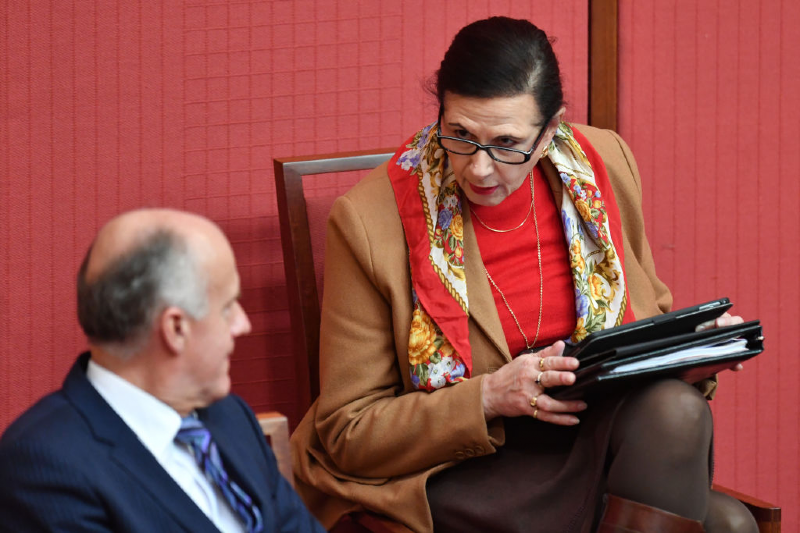
MEDIA
- Irfan Yusuf
- 22 September 2020
10 Comments
The strange thing is that those chest-beating about terrorism rarely made an issue of when terrorists of the modernist Islamist variety (such as al-Qaeda, Jemaah Islamiyah and ISIL) attacked mosques, Muslim shrines and Muslim congregations. Nor do they report of just how fringe and hated these groups are in their own countries where the bulk of their attacks take place.
READ MORE 